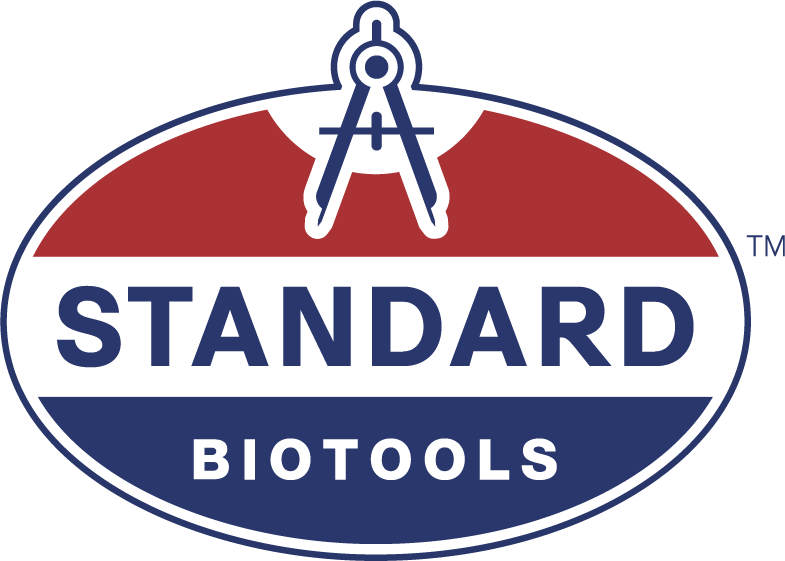
Abstract
Immune correlates of efficacy in melanoma patients treated with TIL-ACT
Adoptive-cell transfer (ACT) of tumor-infiltrating lymphocytes (TIL) has shown success in patients with metastatic melanoma, yet in less than 50% of cases, but this treatment mostly failed in other solid tumors. In vitro expanded TILs, i.e. representing patients’ own treatment, are typically in the range of billions of T cells and, besides as association between stem-like TILs and treatment efficacy, immune-phenotypical correlates of efficacy remain mostly unknown and are required in the field.
Here, we used high-dimensional single-cell mass cytometry analysis through a panel of 44 surface and intracellular markers for the cell products profiling from 13 melanoma patients treated with TIL-ACT, among which 6 patients were responders at 3 months (RECIST 1.1). This panel was designed to decipher the nature of these TILs and their functions by using, among others, markers capturing states of stemness, exhaustion, activation and cytotoxicity.
We used a bioinformatics pipeline to identify a response-associated signature and several markers appears as being significantly associated with clinical efficacy. Key markers were confirmed using flow cytometry analysis and single-cell RNA-sequencing.
These analyses may be instrumental to guide future development of TIL-ACT but also to develop markers able to predict clinical efficacy prior to products release and infusion.














